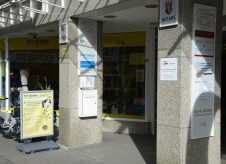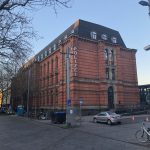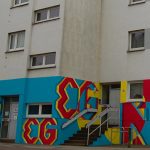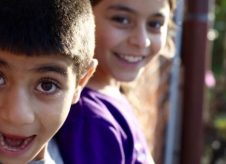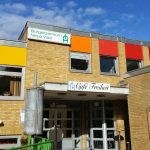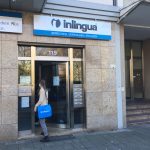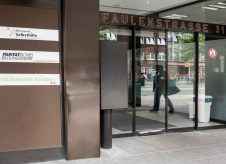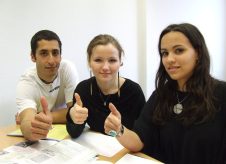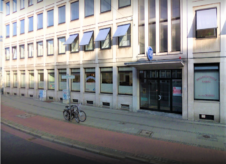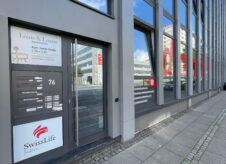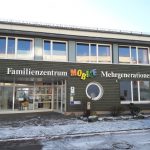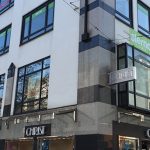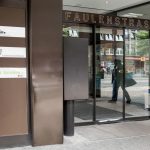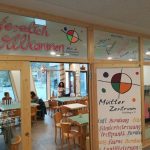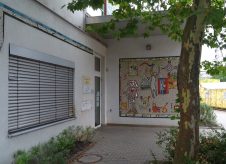German courses
There are many different possibilities to learn the German language, depending on your needs and abilities. Many refugees have to overcome two difficulties at the same time: Learning how to speak German, and learning how to read and write using the Latin alphabet. Germany recognizes this and provides necessary support through various literacy programs.
Refugees who will most likely be able to stay in the country can be admitted to an Integration Course (“Integrationskurs”). In this special course designed for immigrants, language courses are included. There are also job-related German courses that help you to learn the vocabulary that you need for your job.
If you have just arrived in Bremen as a refugee, you can find help from the management of your asylum camp or at a counseling center. Language courses and integration courses are offered by institutions in all parts of Bremen, and many learners also find much help from free courses and apps on the Internet.
